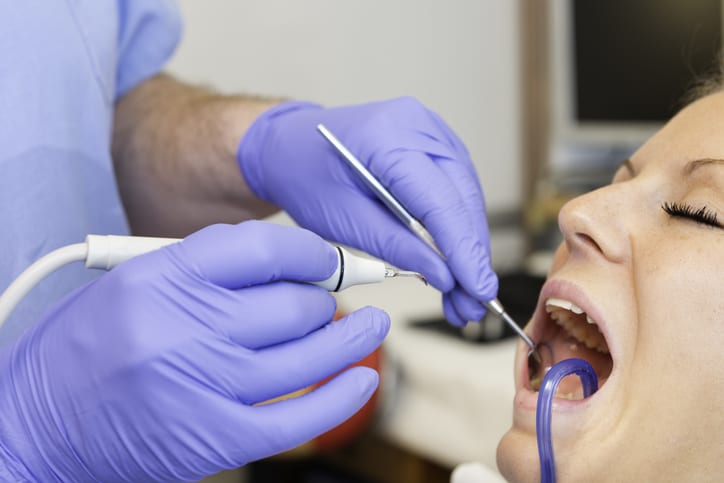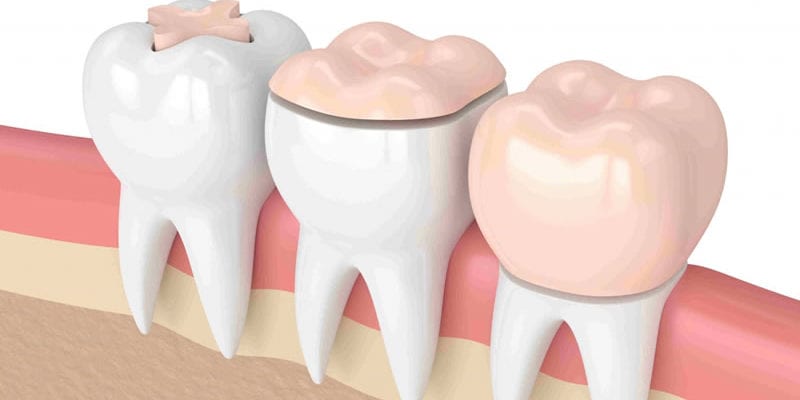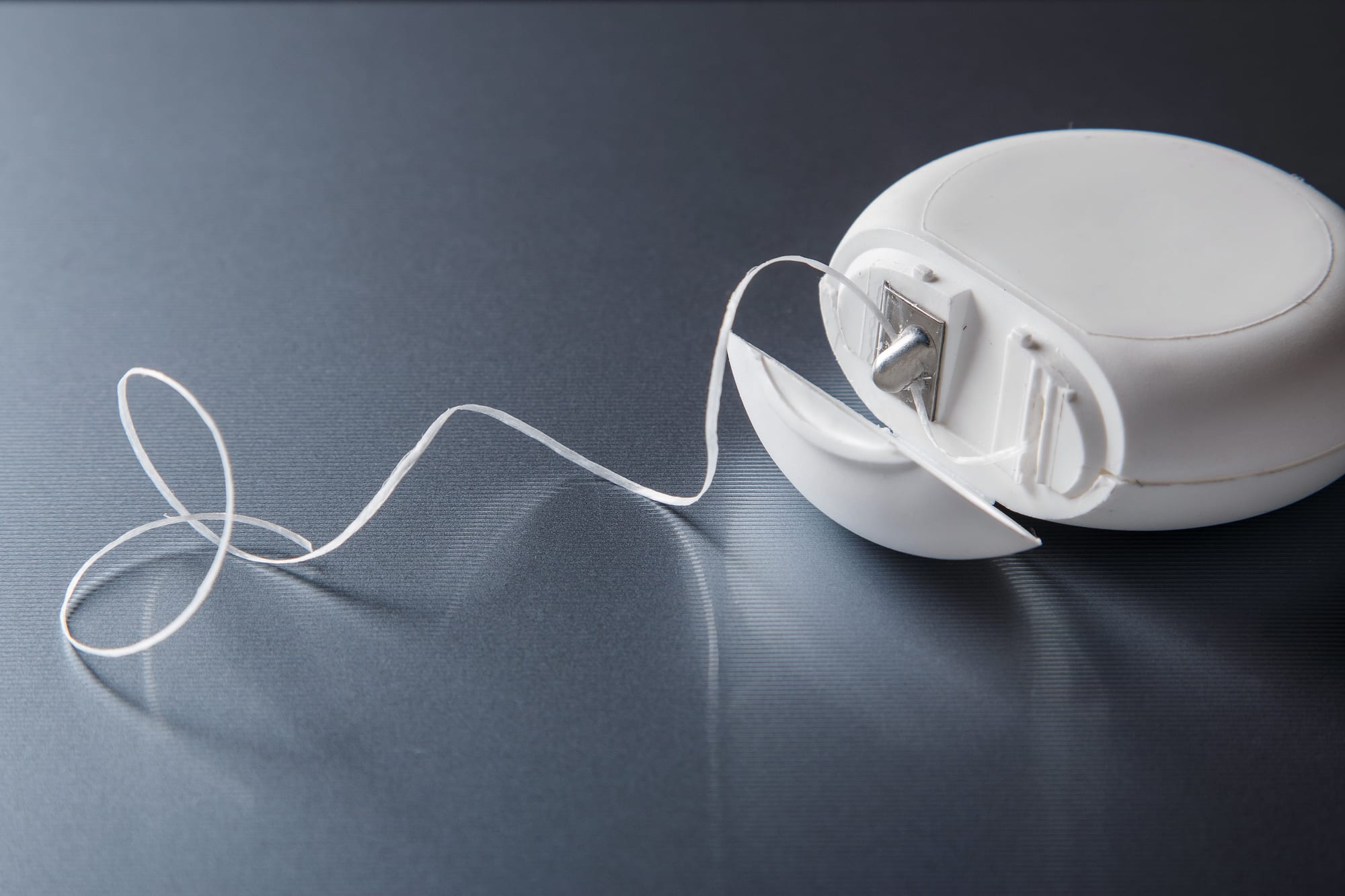What Is A Deep Cleaning (Scaling and Root Planing)
Deep cleaning is also called periodontal scaling and root planning. It’s similar to how a hygienist typically cleans your teeth but focuses on the outer surface of the roots and below your gum line. This type of cleaning is needed when tartar buildup has caused periodontal disease, or infection of the gums. Gum disease casues pockets form, which are a widening of the gumline that has pulled away from the tooth. Loss of this connective tissue can lead to bone loss and, eventually tooth loss.
Deep cleanings will control the infection and help promote healing of the gums. Preventing infection and inflammation anywhere in your body, including your gums, is important to your heart health and may help you live longer.
How Do I Know I Need Deep Cleaning?
There are some signs and symptoms to watch out for, which could indicate you have an infection. Some symptoms of periodontal disease include:
- Gums that bleed when you brush your teeth or floss
- Bad breath
- Changes in the position of your teeth or loose teeth
- Receding gums
- Red, tender, or swollen gums
- Buildup of plaque or tartar on your teeth
- Pain when chewing
- Loose or shifting teeth
- Tooth loss
To determine if the infection exists, x-rays and pocket depth readings are taken. When there is evidence of this infection, the need for scaling and root planing is required with the goal to prevent disease progression.
If you are told you need a deep teeth cleaning, you’re not alone. According to the American Academy of Periodontology, nearly half of adult Americans suffer from gum disease.
Home Care
After your deep cleaning procedure, you’ll receive homecare instructions based on your indvidual needs. Typically, patients are scheduled for follow up apoints about 4-6 weeks after your deep cleaning to monitor any change. Your dental office will also ask you to come in for more frequent cleanings (not deep cleanings), perhaps every three or four months instead of every six months. This is to prevent new infection and promote healing. During your appointments, they’ll continue to measure your pockets to determine whether your gums are improving.
Most people respond very well to deep cleanings, as long as they maintain good hole care. You should seem improvements in the look and feel of your gums as they return to a more firm and pink state, rather than red, tender, or bleeding. Over time with regularly scheduled cleanings and good home care, your pockets will shrink and your gums will be restored to health.
Smiles in Salt Lake City is here to help. If you show symptoms listed above and are concerned you need a deep cleaning, gives us a call today at 801-277-1010.



